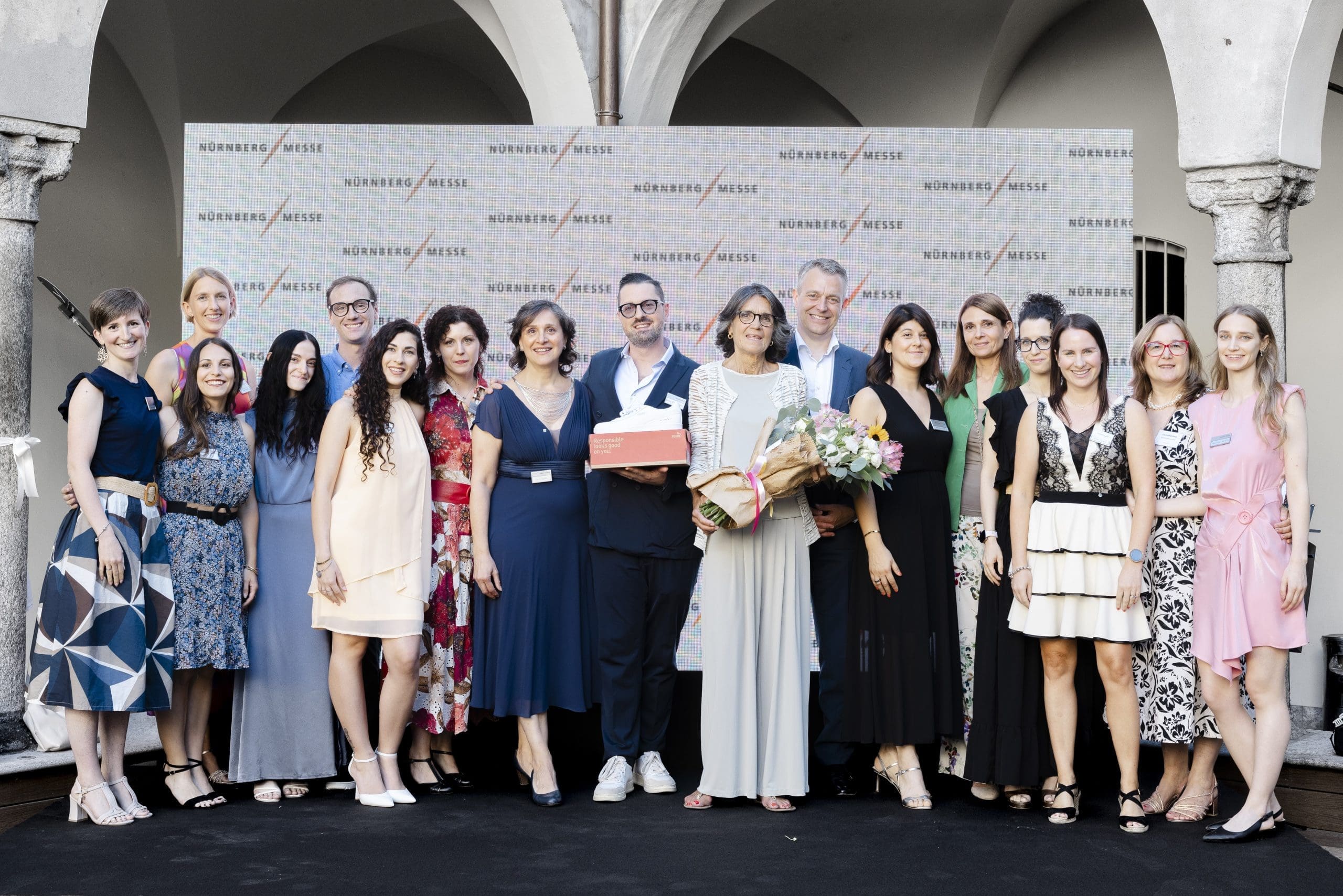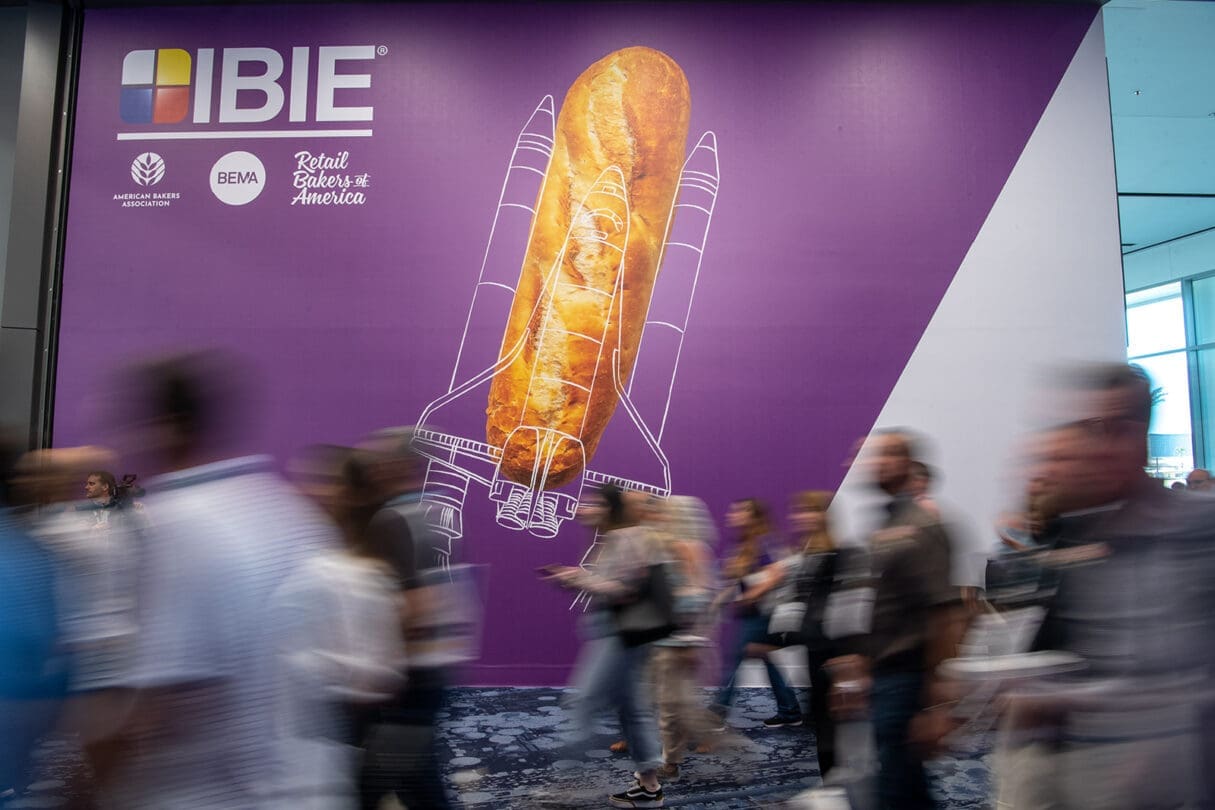By Paul Lerigo, Marketing Manager, Mettler-Toledo Product Inspection
Around the world, few people will be sorry to see the end of 2020. The COVID-19 pandemic has left an indelible mark on the way we live, and the way we work. For food manufacturers, the events of the year have brought home some forceful lessons. Prominent among those is the need to be adaptable, so that sudden changes in circumstances and market demands can be tackled quickly and effectively.
Flexibility in terms of product types and formats has been shown to be key. The pandemic, and the national lockdowns it prompted, saw new trends in food consumption appear, and existing ones accelerated. For example, with many restaurants and hospitality venues shut down, there were dramatically fewer people eating out. Consequently, demand for bulk food supply to restaurants and catering operations collapsed and continuing to package food products in bulk made no sense. Instead, with people spending so much time indoors, including their working hours, they needed food products that suited their new way of life – healthier products for a more sedentary routine, for example, or greater access to ingredients that allowed them to create their own dishes.

A classic example of this came in the UK, where a TV programme (The Great British Bake Off) has inspired large numbers of people turn to home baking in recent years. When the UK went into lockdown in March 2020, this trend went into overdrive, as the nation sought to bake its way through the pandemic. It quickly became apparent that the food supply chain was unable to cope with this explosion in interest in baking: supermarket shelves were bare of packs of flour. It transpired that there was plenty of flour in the mills, but not enough of the packets required to sell it in smaller quantities via retail outlets.
This example serves to illustrate how quickly things can change. Food manufacturers have discovered that they need to be ready to pivot rapidly, and to do so, their production line must be flexible. Many food manufacturers have therefore considered how to integrate product inspection technology such as metal detection, x-ray, checkweighing and vision inspection into their production lines, so that they can operate both flexibly and in compliance with food safety requirements.
Another impact of COVID-19 for the food industry – as with many others – is the restrictions on workplaces and face-to-face contact that have come with the need for social distancing. On one level this has affected factory staffing levels and operational guidelines as people have been encouraged, where possible, to work remotely. On a different level, when food manufacturers have been looking for technology to enhance their production line performance, there have been no trade shows, such as Interpack, for them to connect face-to-face with suppliers. In addition, in-person demonstrations have generally not been possible.
Technology developers such as those in the product inspection area have been forced to harness electronic and virtual technology to bypass these new barriers to their business, so that food manufacturers can properly assess how these systems fit their needs. This has resulted in an influx of virtual trade shows, webinars and e-demonstrations – all ‘COVID-19 safe’.
Turning the page to 2021
As 2021 begins, COVID-19 remains a hugely significant factor in many parts of the world, and it is expected to continue to impart stresses on the food sector at least for the first half of the year. For European food manufacturers, another major influencer could well be Brexit and its fallout. As we write, there is no trade deal agreement between the UK and EU, so uncertainty over the future relationship between the two parties goes on.
What we can say is that food manufacturers, whether exporting from the EU or into it, will have ever greater needs for proving due diligence with their products, to demonstrate traceability and food safety compliance. As a consequence of Brexit, they might also be faced with rising costs, e.g. to source ingredients from other suppliers, that their supply chain partners are reluctant to carry. These food manufacturers will seek answers in technologies that enable them to be more flexible and more efficient in production, without losing any control or visibility of safety or labelling standards.
With remote working now of unparalleled importance, the technology to facilitate this – for example, virtual networks – will rapidly increase in sophistication. This was already happening, but areas such as robotics, automation and artificial intelligence will leap forward. Whether traditional tradeshows ever return as we have known them must be debatable. They are already moving online, and product demonstrations are doing likewise.
With shops closed or subject to social distancing restraints, online shopping will also increase, and for the food sector, this might mean the potential for unlicensed or unsafe foods to find a foothold in the marketplace. Consumers will quickly realise the importance of food safety compliance and give their loyalty to brands that they know are of certain provenance. Product inspection systems will make a measurable difference here.
They will also do so for food manufacturers looking to improve their sustainability credentials, with the latest systems helping to reduce carbon footprints towards net zero and playing a part in measuring emissions from cradle to grave. Human resources will also be given a stronger emphasis going forward, with companies rationalising yet optimising what they have, investing in young people and looking for creative ideas to achieve new breakthroughs.
It is clear that the challenges of 2020 will not just disappear. They, and other challenges, will keep testing the food manufacturing industry in 2021. We do not live in an altogether predictable world, and the COVID-19 pandemic has shown us that things can change quickly. Food manufacturers must be ready to embrace change with minimal disruption, and to do so, they must have a flexible mind-set, see opportunity in evolving product trends, and invest in smart technology that will take them forward into this uncertain future.
The famous saying “change is the only constant in life” has been proven in the year 2020 like few others before. Food manufacturers must be primed to adapt to whatever comes next and technology can help them do that.




